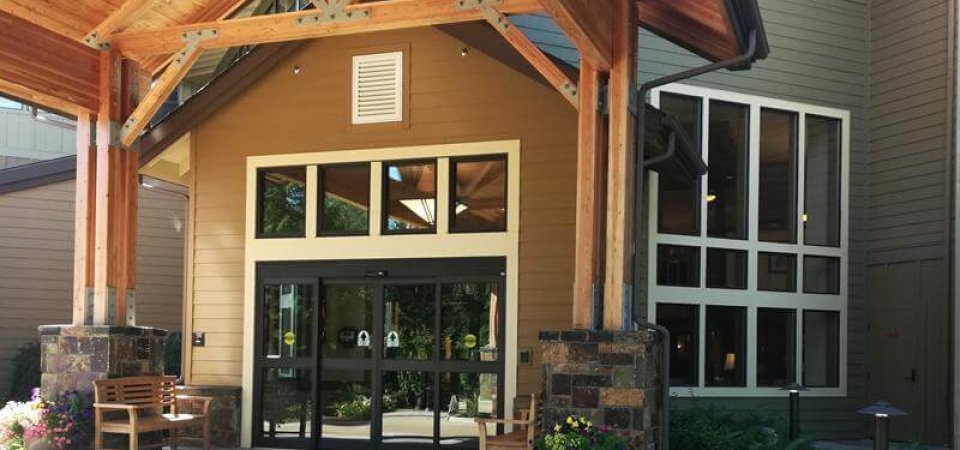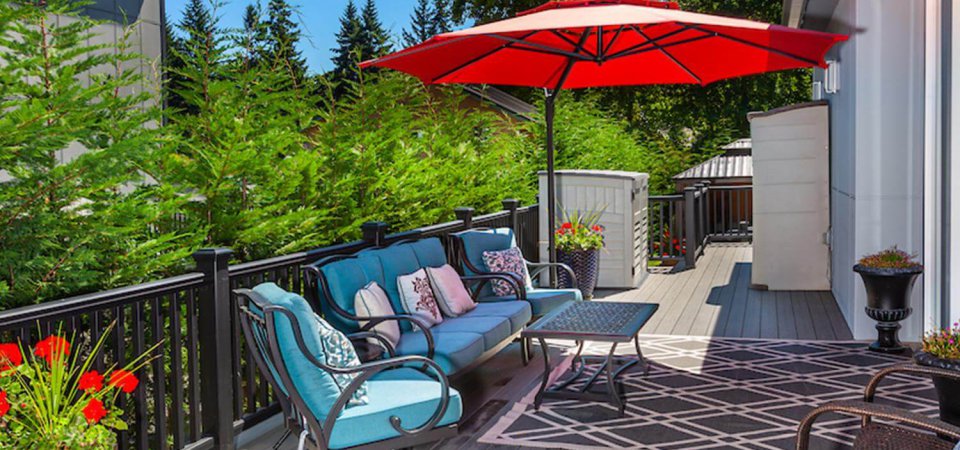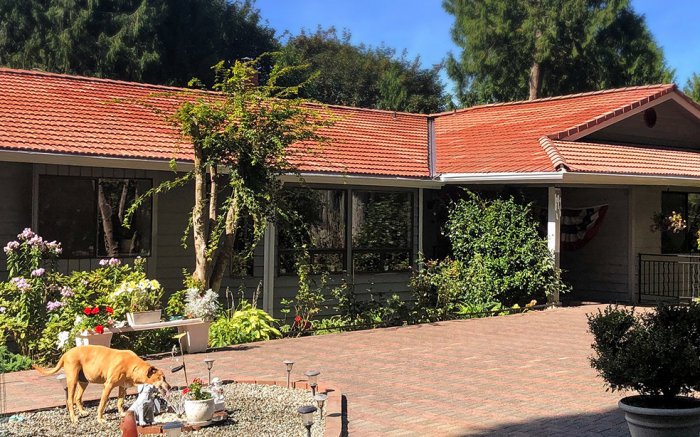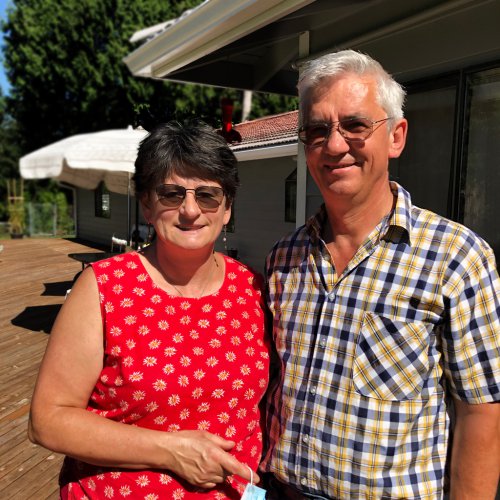- In-Home Care
- Retirement Community
- Assisted Living
- Adult Family Home
- Skilled Nursing Facility
| In-Home Care | Retirement Community | Assisted Living | Adult Family Home | Skilled Nursing Facility | |
$400-15,000+ /month | $2500-6000 /month | $3000-15000+ /month | $5000-12000+ /month | $13000+ /month | |
Accepts Medicare
Health Insurance for 65+
| Limited | ||||
Accepts Medicaid
State & Federal Program For Financially and Functionally Needy
| Sometimes | Rarely | Most After Private Pay Duration | Most | |
Secure Memory Care Unit
Locked unit for those prone to wander
| Sometimes | Sometimes | |||
| Transportation | Sometimes | ||||
| Assistance with Activities of Daily Living | |||||
Scheduled Activities
Classes, Live Music, Bible Studies, etc.
| Customized | Customized | |||
| 3 Meals / day | Sometimes | ||||
| Pureed Food | Sometimes | ||||
| Kitchenette | N/A | Learn more | Learn more | Learn more | Learn more |







